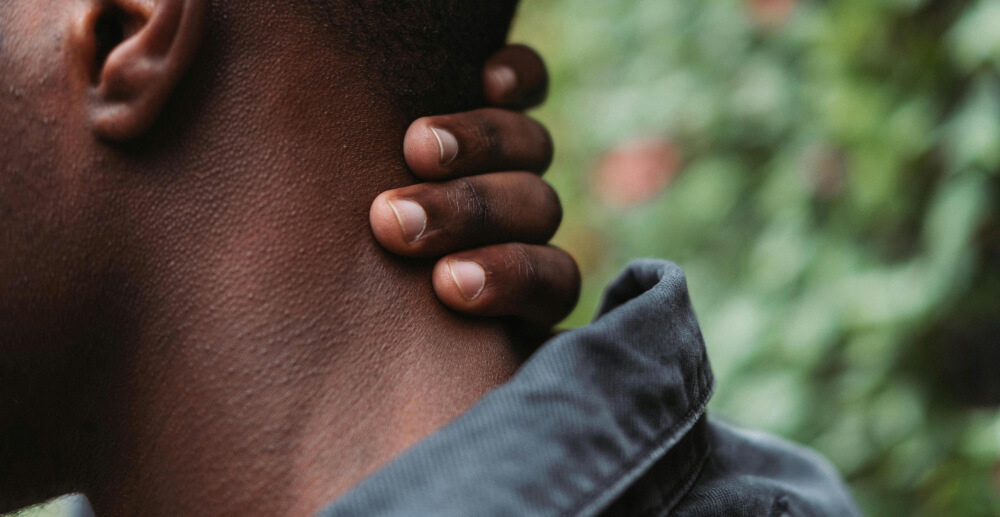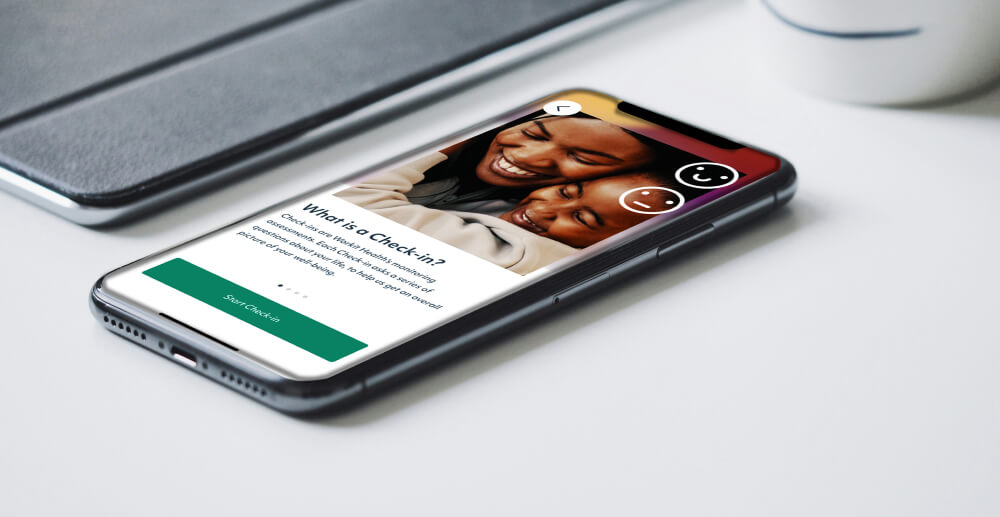A few months ago, comedian John Mulaney entered rehab. Numerous comedians in my Twitter feed posted things like, “I wish him a speedy recovery.” That is not how recovery works. It is not a broken ankle. We spend the first year figuring out who the hell we are without substances. We spend the second learning how to work with that person. I am spending the third getting financially sober.
This wasn’t the plan. “Financial sobriety, year five!” I laughed to my sponsor as I ran up my credit card again to freeze stomach fat off I would eat back on in two months.
I was weirdly cheap with myself at times. I spent a ton of money to travel to Costa Rica, then, once there, refused to buy bug spray because it was overpriced. I scratched at the growing number of bites on my legs until they bled.
Sometimes we feel the need to be miserly to make up for past drinking and using behavior. “If the bus is 1.70 and the subway is 2.50 I’ll think, gotta take the bus and the extra hour that will take will make up for all the times I spend $300 in airport bars,” said Lauren M., of the @BrutalRecovery meme page on Instagram.
Most addicts and alcoholics have an unhealthy relationship with money. When we get sober it’s not our primary concern. Sobriety is not a broken ankle.
But in 2020 it had to be. Two of my main streams of income slowed to a trickle last March. My rent stayed the same. By fall I got out of financial survival mode. I beefed up my third income stream and gained a fourth and fifth. I’m not making what I did pre-pandemic, but I was doing okay. With all the time spent at home, alone with my thoughts, I began to wonder, where is it all going?
I started tracking my spending through an app on my phone. I was spending more on groceries for myself than a family of five, with plenty of it going bad before I used it. I set a grocery budget and watched my addicted mind get around that by spending more on eating out. I used something called the envelope method for the two areas I set budgets for. I put an amount of money in an envelope, and that was what I would spend for the month on that thing.
I also began to automate investments, and learned, that I don’t even notice the money is gone, but my balances (I use Stash and Acorns) continue to grow.
I used money the way I used drugs and alcohol – to feel different, better, and worse.
When I was in my harm reduction phase of moving toward sobriety I started to make more than I had in the decade previous. I didn’t have the self-worth to keep it. Money in my bank account past a certain point made me uncomfortable. I threw it at people, trying to buy friends with Ubers and shots and weed, once renting a car to drive someone to a podcast in New Jersey that they didn’t even invite me to sit in on quietly.
And why would they? We weren’t even friends!
“I can also inappropriately interact with my desire to give,” says Jill W., of the @fatandsober meme page on Instagram. “I can spend too much money I cannot afford on gifts for others or charitable donations and sometimes that’s driven by a need to be liked/feel like a good person as opposed to genuine appropriate generosity.”
This part of financial sobriety came easier than others, in part because of the hard lessons I learned in New York, where no matter how much money I threw, it purchased me, zero people, for longer than the time it took to drink or use that money.
The most surprising effect of taking charge of my finances was that it helped me release shame around the way I spend and helped me no longer feel like a victim. I leaned into my faith in the universe every time I got scared that I might need the money I was putting into the stock market or my Roth IRA.
In this way, though I made less in the past year than in the four years previous, I was able to max out my contribution in just a few months – as soon as I decided to. Once the money is in my investment accounts, I make different choices. With a goal in mind – my own future, I am able to keep taking that leap to take control of my money.
It almost feels like a game. I feel better, more secure, and more excited by planning and saving than by buying whatever I feel like whenever I feel like it.
I can forgive my past behavior, too. It’s tempting to think about how much I could have saved by now, or how much I spent on drugs and alcohol, but it doesn’t help. When my parents were divorcing, my mother became so paranoid about funds despite the hefty support payments she received that she made us buy clothing that was too big and stocked the cabinets with boxed milk, convinced we would someday need it. Then I married a spendthrift, eventually adopting a can’t beat him, join his attitude about his spending which, combined with our cocaine addiction, led us to bankruptcy and foreclosure.
I can be grateful that I am starting now. Now is where the power is, and now is when I was meant to start. In sobriety, we learn how to care for ourselves for the first time, and financial sobriety – having healthy attitudes and behaviors around our saving and spending, is another form of self-nurture.








